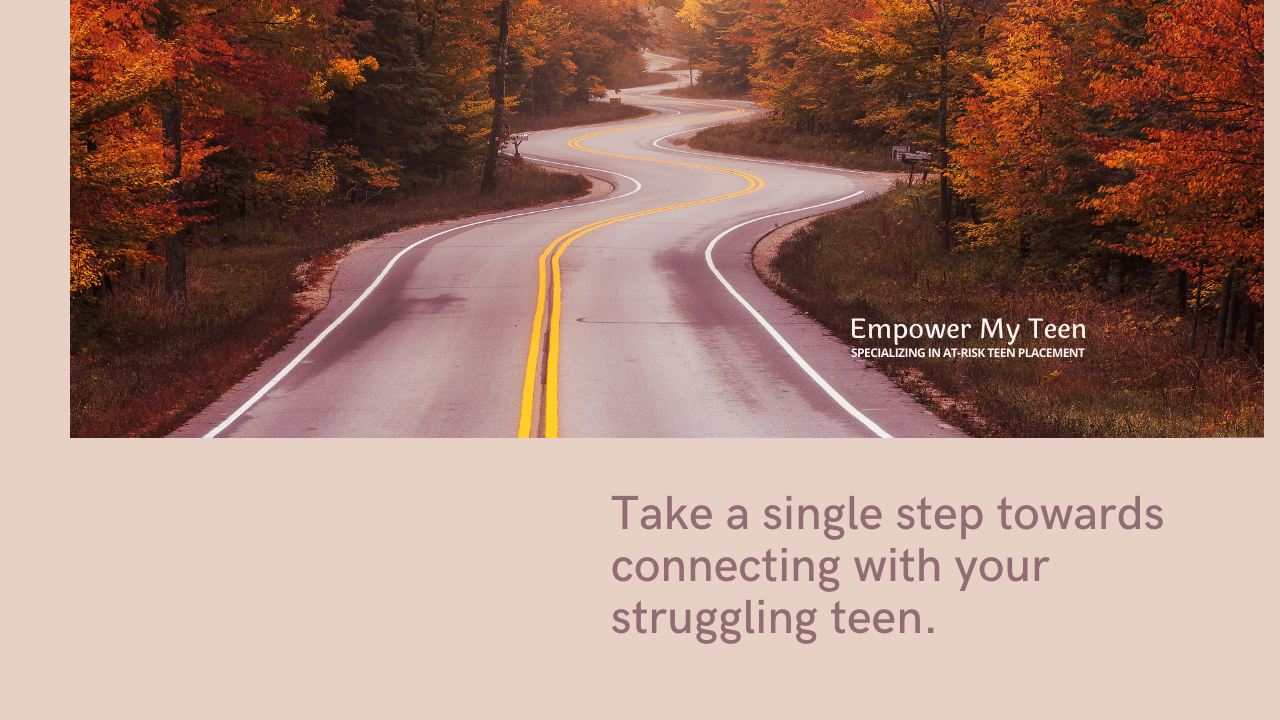Understanding and Helping Teen Anger Issues
Did you ever imagine one day, your sweet, loving child would become an angry, defiant, and rebellious adolescent?
I’m referring to the adolescent behaviors parents often discuss with me:
- Disrespecting all authority
- Temper tantrums
- Emotional immaturity
- Inability to cope
- Shutdown
- School refusal
Parents of kids who struggle with emotional or anger issues travel a lonely and painful road full of mixed emotions like:
- Confusion
- Concern
- Shame
- Guilt
- Fear
Coping with Emotional Immaturity in Teens
Under all the chaos and emotional upheaval, it’s normal to wonder:
- Is it normal to feel like this?
- Is it something I did or didn’t do when they were younger?Is it something I did or didn’t do when they were younger?
- Is there something happening to them that I don’t know?
- Is this normal teen behavior?
The one thing we desperately want to do is “fix it.” As parents, we need to find a way to get them to see that their behavior today can change their future instantly.
We want them to stop being reckless, and most of all, we want to find a way to reconnect with our teens. Instead, we are met with closed doors, both figuratively and literally!
Frankly, sometimes, all you can do is take lots of deep breaths, practice patience, try to be understanding, and seek guidance when the anger and behavior get out of control.

When Does Teen Anger Become an Issue and You Need to Intervene?
- When a child goes from feeling annoyed to rage or fury.
- When anger begins to affect relationships and their daily life.
- When the most recognizable emotion is anger.
- When aggression becomes physical, leading to hitting or throwing objects.
- If their behavior becomes self-destructive or they start to damage property.
- When they can’t control their emotional outbursts, resulting in screaming and yelling. When they can’t control their emotional outbursts, resulting in screaming and yelling.
- When they are suspended from school.
- When they have trouble at school or with law enforcement.
- When they turn to drugs or alcohol to cope.
If you recognize these signs of problematic anger in your child, it is crucial to take action.

Effective Anger Management for Teens: A Parent's Roadmap to Emotional Stability
How to help a teen with anger issues?
- Start by discussing your concerns and listening to their feelings and perspectives. Be calm!
- Discuss consequences for unacceptable behavior. Clear boundaries and structure clarify where you stand and what you will and will not tolerate.
- Find a therapist to work with them on anger management strategies and techniques to help them learn how to control/manage their negative emotions.
- Consult your pediatrician. Your doctor can determine if there are medical reasons that are causing the anger:
- Hormonal imbalances
- Mental health issues, including bipolar disorder, depression, or anxiety disorders.
- Neurological conditions like traumatic brain injury, epilepsy, and tumors can all lead to aggressive behaviors.
- Substance misuse and withdrawal can heighten irritability and anger.
- ADHD and ASD both create frustration and can manifest as angry episodes.
Every parent should be concerned when their child struggles with serious anger, and it is essential to consider potential medical causes. Getting a thorough medical evaluation and eliminating underlying conditions is the first step to an effective treatment plan. Getting a thorough medical evaluation and eliminating underlying conditions is the first step to an effective treatment plan.

Understanding Adolescent Rebellion: When to Seek Therapeutic Interventions
What not to do?
Please do not ignore the issue. Do not wish it away! Anger issues must be dealt with head-on. It is the only way to prevent further troubles later. I’ve been helping families for over twenty years and experienced this with my own kids. Trust me, it will not get better without intervention.
Learning to manage anger is a skill that will help your teenager well into adulthood.
When everything you try fails?
Some kids require more support than others, but they all need structure. Some need medical and psychological care. When outpatient therapy fails, it is time to consider residential or intensive care. The recommendation to help teens with anger issues is some variation of therapeutic care.
Wilderness therapy, therapeutic boarding schools, and residential treatment centers have good outcomes. They also serve different children; sometimes, wilderness therapy is the precursor to another in-depth treatment. But they are not the answer for every child. Consult with a therapeutic consultant like me and complete an evaluation.
Parent coaching is a great help in some situations, but if your child is out of control, therapeutic boarding school or residential treatment can be a godsend!
If your teen needs an intervention, reach out; let’s evaluate the situation and work together on a strategy to help your family start to heal.





